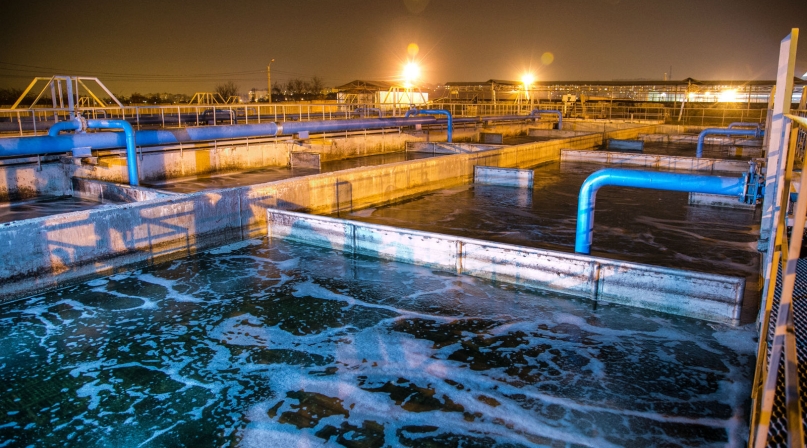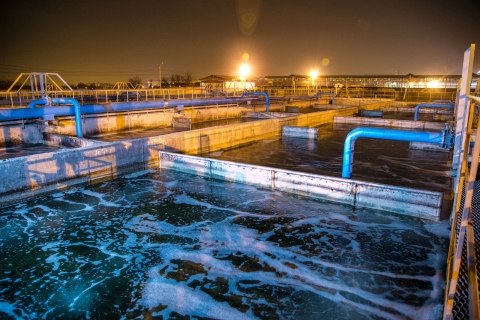President signs water infrastructure bill
Upcoming Events
Related News

Key Takeaways
The bipartisan Water Infrastructure Improvement Act, signed into law Jan. 14 by President Trump, codifies the U.S. Environmental Protection Agency’s (EPA) permit process for integrated plans for wastewater and stormwater management under the Clean Water Act (CWA).
The bill allows communities to develop an IP for combined sewer overflows, sanitary sewer collection systems, storm water systems, municipal wastewater discharge and/or total maximum daily load water quality requirements.
The bill established a municipal ombudsman office within EPA.
That office will work with communities to provide technical assistance on CWA requirements.
The measure gives local governments with more flexibility to try new, innovative approaches that can simultaneously improve water quality and lower costs for residents, such as green infrastructure.
NACo worked closely with leaders in the 115th Congress to address CWA compliance issues and advocated for policies that would streamline the CWA permitting process and save counties money, many of which were included in the final bill.

Attachments
Related News

MAHA Commission releases federal strategy outlining next steps in childhood chronic disease prevention
On September 9, the U.S. Department of Health and Human Services (HHS) released the Make America Healthy Again (MAHA) Commission’s new Make Our Children Healthy Again Strategy, following the earlier MAHA Report published in May 2025. The strategy builds on the assessment’s findings regarding four key drivers of childhood chronic disease: poor diet, chemical exposure, lack of physical activity and chronic stress and overmedicalization.
Paid training program helps staff a county park system
Modeled on the Civilian Conservation Corps, Erie County, N.Y.'s training and internship program aims to help fill vacant staff positions while offering the necessary training.
Eastern Tennessee counties collaborate on nuclear energy ambitions
Decades after the Manhattan Project, cooperation among Roane, Anderson and Knox counties in Tennessee drives toward a high profile for nuclear power.